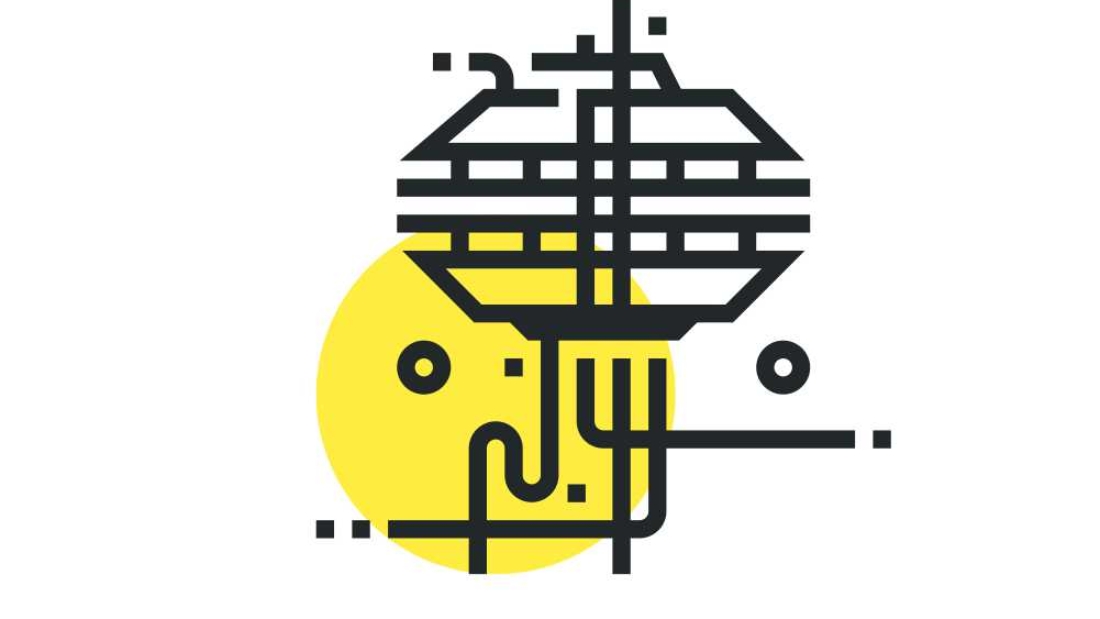Disruption is perhaps the most used and misused word in recent business and marketing literature. Since the advent of 4th Industrial revolution and even more, with the arrival of COVID19, the use of disruption has moved beyond bounds.
Customer Relationship Management Effectiveness (CRME), Customer Satisfaction, And Customer Loyalty
Deregulation of banking in Indonesia in the 1980s had an impact on changes in the banking industry, particularly in market structure and competition or the level of competition. The deregulation policy began in 1983 to 1990. Previously, restrictions on banking operations were regulated by the government. The state banks at that time were not profit-oriented banks but only became an extension of the government regime (McLeod, 1999).
Effect Of Social Media Marketing On Brand Equity Of Private Commercial Banks With A Special Emphasis On Sampath Bank PLC
Social media is a platform which allows people to participate in social networking though internet. It enables to share posts on various social media platforms to improve business visibility. Today it is the best source for marketing, education, entertainment and news. Social media is also fundamentally changing the way consumers acquire the information they want, how they buy products, and how they discuss social issues and pursue social change (eun ju seo, 2019). Social organizing sites permit people, organizations and different associations to connect with each other and assemble connections and networks on the web. At the point when organizations join these social channels, purchasers can communicate with them legitimately (demangeot, 2013). Many studies have done to investigate the effect of social media in bank marketing (mitic and kapoulas,2012). Furthermore bonson and flores (2011) argued that social media marketing enables banks to regain trust from customers.
Economic Effects Of Asean Integration On Household Living Standards
Income per capita and per capita GDP are widely used economic indicators for measuring the prosperity and welfare of society. However, accurate income data is difficult to obtain in developing countries and less reliable than expenditure data since spending, in general, does not fluctuate much than income (Atkinson and Lugo 2010). Moreover, per capita GDP doesn’t take the cost of living into account and only considers in money perspective (Carr 2017), which would be biased to evaluate the living standards of most citizens.
Marketing Mutation: The Case Of Thailand
Know more about consumer empathy and immersion and use the insights gained from them to develop strong value proposition for their brands and businesses.
Leverage this wealth of data to improve an organization’s bottom line. Be able to collect and analyze data analytics and utilize the DataDriven Decision Making (DDDM) process.
How Stakeholder Pressures Affect Csr Engagement Of Chinese Small And Medium-sized Enterprises In Ethiopia?
This study aims to investigate the relationship between stakeholder pressures and corporate social responsibilities (CSR) endeavors of Chinese small and medium-sized enterprises (SMEs) in oversea emerging markets. Four top managers from four different Chinese firms in Ethiopia are carefully selected for the deep interview. This interview results shows that oversea Chinese SMEs at least have CSR awareness to meet the requirement of compliance. Although Ethiopia have low pressure from government and media, Chinese SMEs are likely to facilitate more CSR endeavors in both symbolic and substantive to benefit local community and meet the requirements from organization itself. However, Chinese SMEs are chronically deficient in doing the public relations though their CSR practices are far better in terms of substance as well as breadth.






